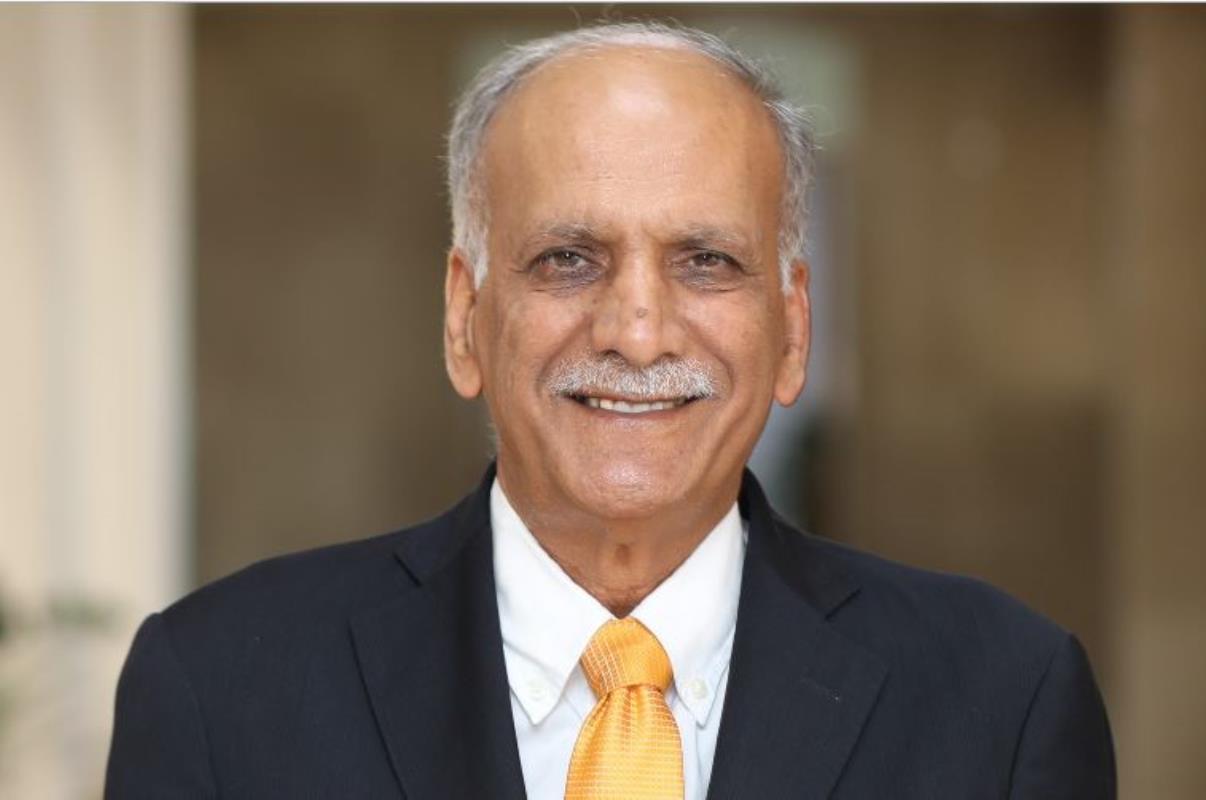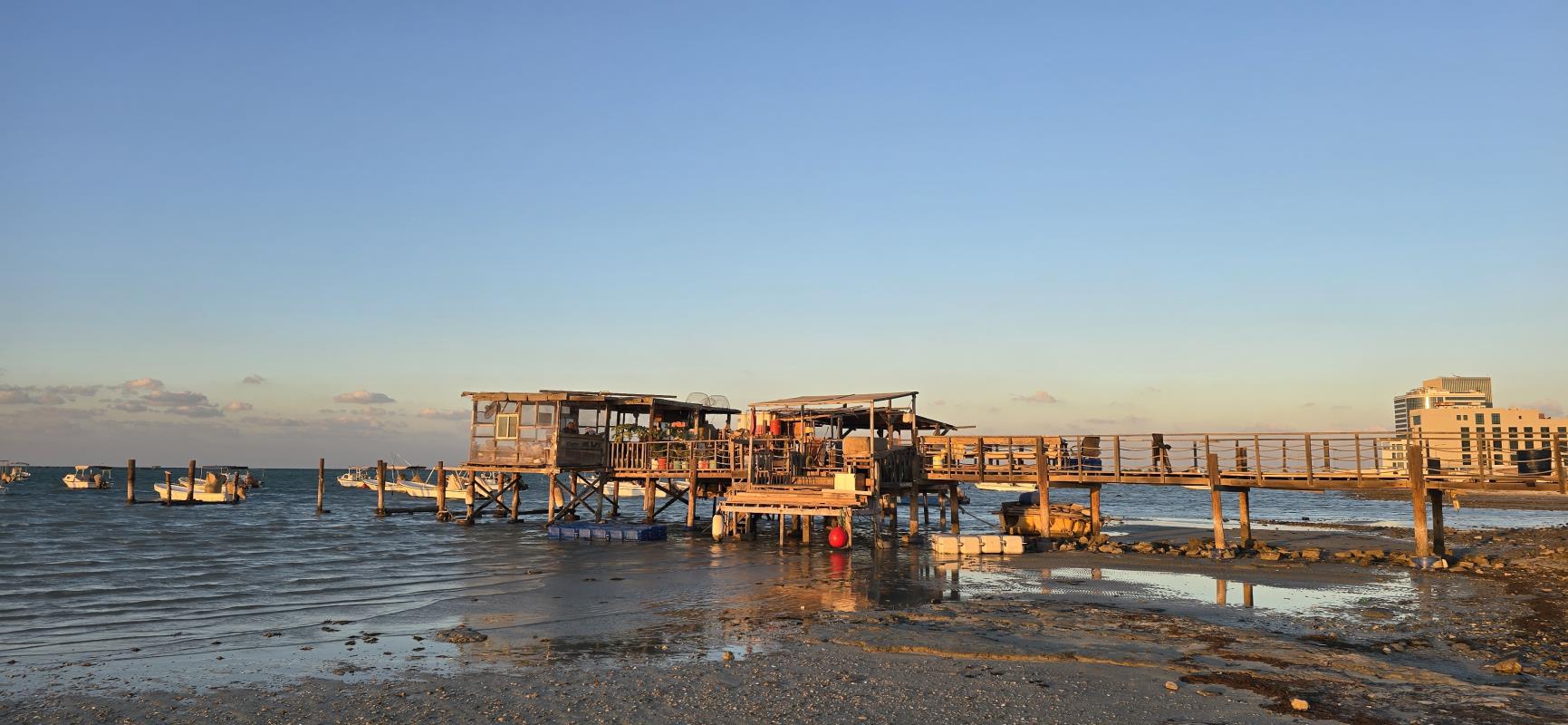EV market is estimated to grow at a CAGR of 30% between 2022 and 2028 in the UAE
UAE government's focus on infrastructure readiness is accelerating the pace of electric vehicle adoption
Accelerated by the increasing threat of climate change, interest in electric mobility has escalated over the last four years, both within companies and across societies, according to the findings of a new study conducted by Arthur D. Little (ADL), the leading management consultancy firm with the longest-standing presence in the Middle East region. The report analyzes market drivers for electric vehicles (EVs) and evaluates overall readiness across markets.
The Global Electric Mobility Readiness Index – Gemrix 2022 finds that there has been a massive jump in Electric Vehicle (EV) adoption worldwide. Governments across the Middle East region are accelerating development of EV technology with Saudi Arabia’s pledge to become carbon neutral by 2060 and have 30% of vehicles in Riyadh electric by 2030. The UAE, with an aim to become carbon neutral by 2050, ranks 8th globally in terms of readiness for electric mobility.
Joseph Salem, Partner and Travel and Transportation Practice Lead at Arthur D. Little Middle East said: “Governments in the Middle East are increasing receptive to EV technology on the roads with the UAE ranking high in readiness for electric mobility. Through the Global Electric Mobility Readiness Index, we aim to help the public better understand the full scope and potential of e-mobility and support automotive organizations through an insight into the readiness of markets for e-mobility.”
The UAE EV market is currently in the early stages and forecast to grow at a CAGR of 30% between 2022 and 2028, according to the report. Passenger vehicles constitute around 95% of the EV market in the UAE due to an increase in rental car services and the limited scope for commercial vehicles in transport and logistics. Under UAE Vision 2021, the government has promoted EV adoption across the nation. It has converted 20% of government agency cars to EVs and further intends to reach 42,000 EVs on the streets by 2030.
The UAE has one of the biggest charging-station-to-vehicle-ratios in the world. Dubai’s EV Green Charger initiative was launched in 2015 to increase the number of charging stations. Since then, the network has expanded and, as of this writing, the country has 325 charging stations. To promote the use of EVs, Dubai Electricity & Water Authority and Road Transport Authority are working jointly on incentives like free parking, exemption from toll, and reduced registration fees with an aim to make public transport emission-free by 2050.
The region’s first EV and battery logistics hub has been opened in Dubai’s Jebel Ali Free Zone, in line with the UAE’s transition to a circular economy by ensuring a reliable supply chain for sustainable mobility solutions. Around 30% of UAE residents would consider buying an EV to contribute to the green transition and believe that they offer better value for money than traditional vehicles in the long run. People in the age group of 20-25 are more likely to be influenced by environmental factors and can be the youngest potential adopters. There have been hefty investments to reduce the charging time of EVs, providing further incentives for consumers to adopt EVs.
A full copy of the report can be found here.






































































